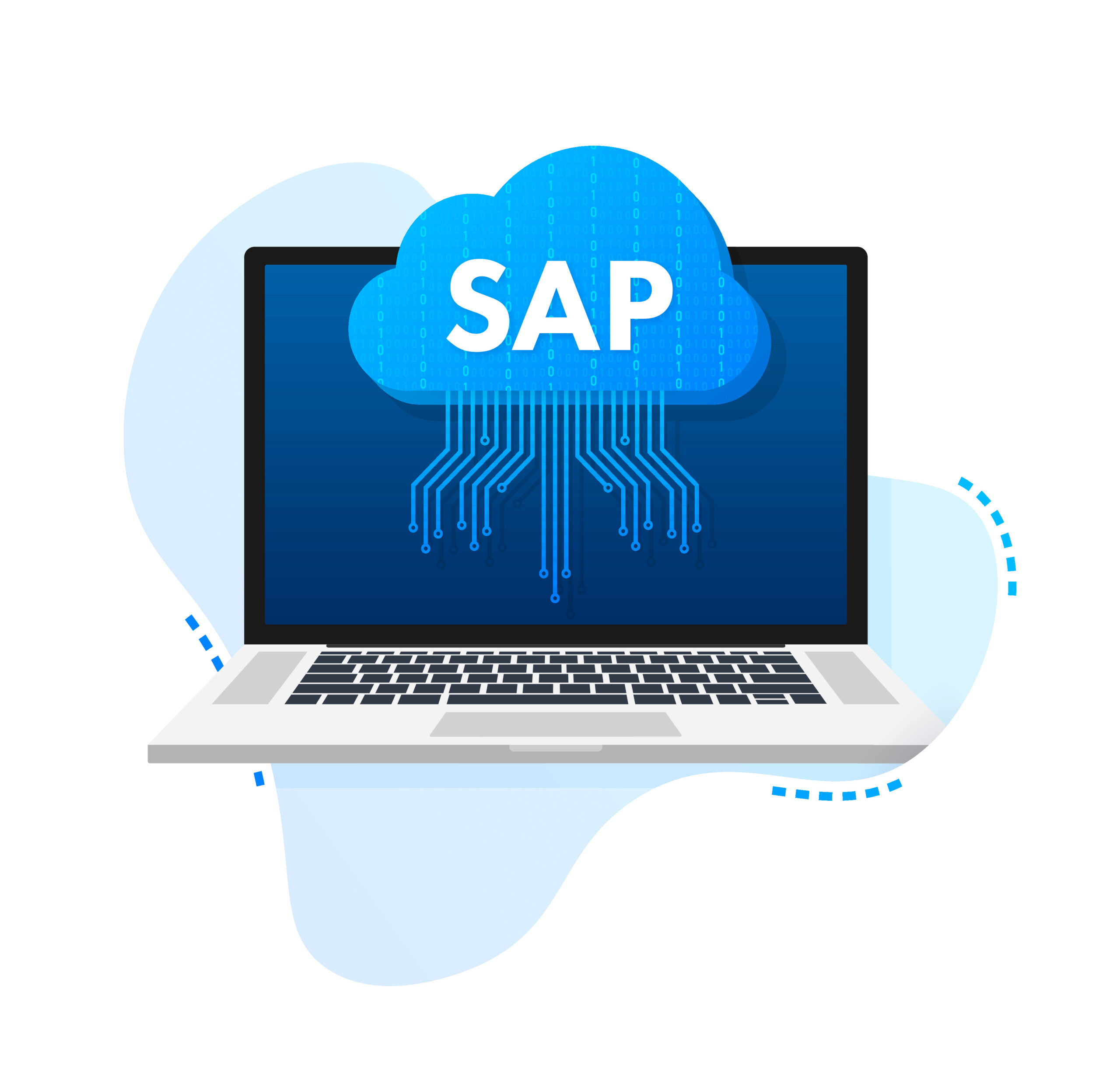ERP solutions may seem interchangeable at first glance, but a closer look reveals distinct differences between two major players in the field: SAP and Microsoft.
We recently sat down with Richard Taylor, Partner at Birchman Group, to delve into the unique attributes of each, shedding light on the pros and cons that define their offerings. The full video can be viewed here:
SAP S/4HANA: A Legacy of Expertise and Best Practices
SAP has leveraged its five decades of ERP experience to “develop scalable and modular industry and localised solutions”. Their offerings are driven by a comprehensive best practices model, with configuration options facilitating the implementation of these proven strategies.
For customisations, or “want to ‘bespoke’ the solution” as Richard says, “then you do so outside of the core solution itself using tools such as the SAP Business Technology Platform.
Partners play a vital role with SAP implementations bringing both industry and localised knowledge to a company, and ushering organisations toward best practices and facilitating digital transformation.
Microsoft ERP: Good for highly bespoke ERP business processes
On the other side, “The background and heritage of Microsoft is essentially a development platform” Richard recognises as a foundation that shapes its ERP approach. The company collaborates with partners who craft tailored industry and localised solutions.
Microsoft’s agile application development and implementation methodologies underpin their strategy, guiding projects through requirements, design, and build phases.
Microsoft ERP: Balancing Pros and Cons
Microsoft’s allure lies in its adaptability; “the biggest advantage from that perspective is that no matter what your requirements are” Richard says, “the answer is yes”. Cost-wise, lower investment in solution development translates to lower licensing costs.
However, the allure of bespoke solutions carries drawbacks. By tailoring solutions, Richard explains “you risk missing the opportunity to realise the value of implementing the ERP solution or maximising the value of implementing the solution. And the cost of implementing and maintaining the solution can be higher”.
Furthermore, dependence on partner-developed industries and localised solutions could lead to vendor lock-in or require collaboration with multiple partners for complex needs, potentially impacting project stability.
SAP S/4HANA: Benefits and Challenges
Richard recognises that there are three main advantages of implementing SAP S/4HANA.
Firstly, SAP’s strengths centre around adopting industry best practices, fostering process improvement, and realising tangible business value.
Secondly, any external customisations remain separate from SAP’s core solutions, allowing a seamless integration of SAP’s ongoing innovations and improvements; this makes adopting improvements much easier.
Thirdly, scalability is another advantage. “So often, customers are worried that SAP is for larger organisations. However, the scalability and the modular nature of the licenses mean that you can take as much or as little as you require” catering for organisations of all sizes.
With SAP you may want to start with the base functionality, but as you grow it allows you to add functionality to meet your needs.
The downside of the SAP approach is that by adopting best practices, it entails a transformational journey that demands robust project sponsorship, active business change, and ownership. This shift is more than an IT endeavour; it’s a holistic business project.
Choosing the Right ERP for Your Organisation
Microsoft’s appeal lies in lower licensing costs and tailored flexibility. “If you’ve got very unique and bespoke requirements, very specific requirements, then Microsoft is best solution for you” Richard advises.
On the other hand, “If you’re looking to adopt best practices and drive significant business improvement, the SAP is your best option”. SAP’s commitment to comprehensive solutions and industry best practices positions it as the go-to option for organisations seeking substantial business improvement and operational optimisation.
Conclusion
Choosing between SAP and Microsoft ERP solutions involves a delicate balance of cost, customisation, and transformative potential.
While Microsoft offers adaptability and cost savings, SAP shines in its proven best practices and scalable solutions.
Your choice hinges on your organisation’s unique needs, long-term objectives, and willingness to embark on a business-transforming journey.
Consider the pros and cons, align them with your goals, and make an informed decision that sets your business on the path to success. If you’re looking to implement SAP into your business, get in touch with Birchman today



